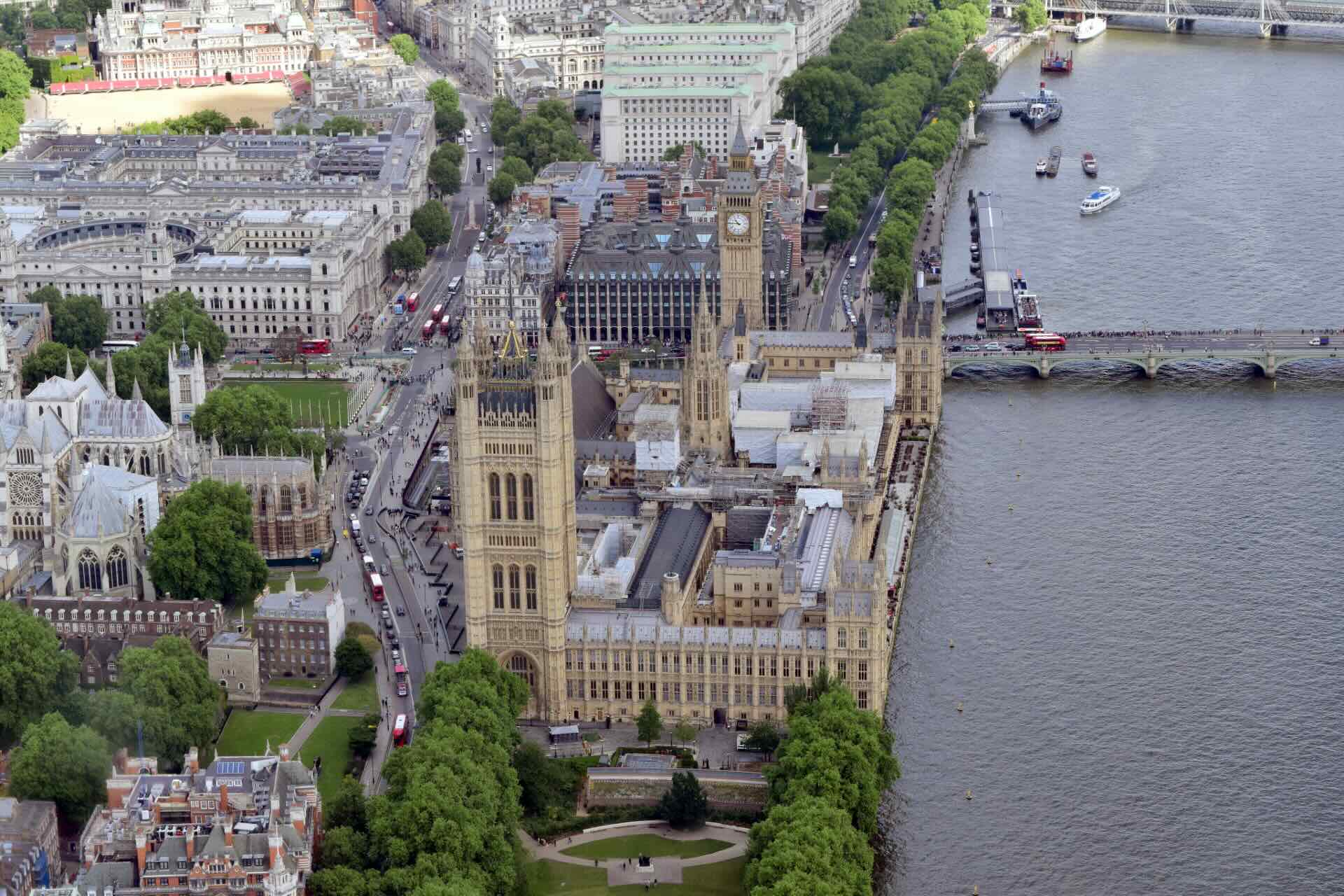According to the latest analysis by BloombergNEF, the world’s 20 largest economies have made marginal progress in their efforts towards decarbonisation, with the UK, US, and EU actually regressing in their net zero policies. The report highlights the reversal of low-carbon programs, sluggish advancements in renewable energy deployment, and significant opposition from both political and industry sectors to net zero policies as key factors contributing to the stalling of progress.
Despite the EU and the UK maintaining their top positions on the BNEF G-20 Zero-Carbon Policy Scoreboard, their scores have dropped by an average of 1% over the past year. The UK, in particular, has seen a decline of two percentage points, largely attributed to Prime Minister Rishi Sunak’s decision to backtrack on green initiatives last autumn.
The G-20 countries collectively account for approximately 75% of global greenhouse gas emissions. BloombergNEF emphasises the urgent need for governments to introduce more robust low-carbon policy measures to align with the goals of the Paris Agreement and achieve net zero emissions by mid-century.
The analysis underscores the importance of providing greater support for “harder-to-abate” sectors, where cleaner alternatives are limited or costly. Disparities persist between developed and emerging economies, with OECD countries outscoring non-OECD nations in terms of low-carbon policy support.
Positive change in the energy sector landscape
Despite BloombergNEF’s report showing stalled progress, a new government report released on 28 March shows that the UK is now halfway to net zero. From 1990 to 2023, UK greenhouse gas emissions were cut by 50% when including emissions from international aviation and shipping, making the UK the first major economy to halve its emissions. The largest driver of the long-term fall in emissions has been the decrease in emissions from electricity supply, as the country shifts away from using coal for electricity generation, and towards renewables.
The National Grid’s Energy Electricity Systems Operator (ESO) used its March ‘Beyond 2030’ report to set out a plan for the UK to meet its 2035 decarbonisation goals. It calls for a £60bn investment to the electricity grid, to connect another 21GW of offshore wind from the coast of Scotland, and to create and maintain more green jobs.
Have questions? Get in touch with our specialists at Sustainable Energy First.













